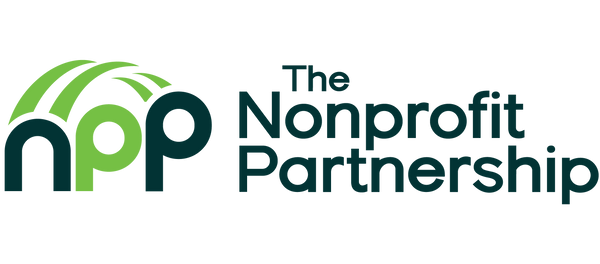
Many nonprofit leaders lament about the lack of board engagement. Tragically, this is often a “chicken and egg” problem where the activities that can improve engagement are unclear along with who should be the catalyst for change. This creates inertia where boards continue to do what they have always done and wish they could get a different outcome. There IS a pathway forward, and it starts with the CEO.
People are often shocked when they hear that because the responsibility for board engagement ultimately lies with the board. While this is true, many people don’t realize that “staff support to the board” is a function delegated to the CEO when they are hired. That said, I also recognize that every CEO I have ever worked with needs “permission” as well as support from the board leadership to “own and live into” this role.
Here are steps to get past the board engagement inertia:
- Schedule a board training, including best practices from the Standards for Excellence® An Ethics and Accountability Code for the Nonprofit Sector and BoardSource. Understanding the nuances of board versus CEO roles and responsibilities based on organizational lifecycle stage helps. Training should include:
- Challenge board assumptions about their role in “telling the CEO what to do.” Some board members believe that it is “their job” to direct the CEO tactically. They lack understanding of the CEO’s responsibility to craft a meaningful organizational strategy and give board members “something to react to” in terms of vision, goals, and objectives.
- Encourage the CEO to embrace this role and change their personal behavior to develop a more organized approach and outline how the board and its committees can support the achievement of goals and objectives. They must also provide appropriate information to support the board’s oversight function.
- Ensure “staff support to the board” is an accountability in the CEO’s job description. You’d be surprised how many do not include this.
- Ensure that a meaningful strategic plan exists. It is difficult to engage board members if they lack understanding of the goals are that they are working toward, either individually or collectively.
- Align the strategic plan to the board committee structure. The Governance Committee has an important role here to:
- Analyze board structure to ensure that the committees are appropriate for the organization’s size and that responsibilities are in the “right place.”
- Survey board members to identify the Knowledge, Skills and Abilities they are willing to bring to board service, ask them what committees they are interested in serving on.
- Determine “Management Service Volunteerism” that the CEO needs from board members to advance the strategic plan within the committee structure. Management Service Volunteerism utilizes the technical and professional skills of the board members to help with certain activities. The CEO is the “gatekeeper” of when and how this happens.
- Train Committee Chairs on how to oversee the work of the committee, engage committee members and work together to achieve desired outcomes. It is the CEO’s responsibility to work with the board and committee chairs to structure their meetings around the “board agenda of work” and to orchestrate the engagement of board and committee members. The expectations should be codified into board orientation materials so effective practice can continue.
While this may seem like a “lot of work,” it is straightforward and can be accomplished through three (3) short meetings of the Governance Committee and a board retreat, when facilitated by the CEO, with help from a governance consultant.
Debra Thompson is President and Founder of Strategy Solutions and is a licensed consultant, trainer and peer reviewer for the Standards for Excellence® An Ethics and Accountability Code for the Nonprofit Sector and is a certified BoardSource trainer. She has helped dozens of organizations improve their board engagement by aligning the board “agenda of work” with the strategic plan and teaching boards and CEOs how to better work together to achieve their desired outcomes.

